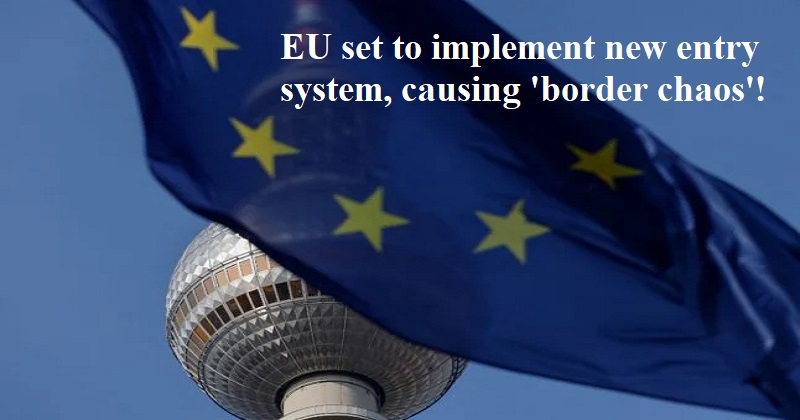
Beginning in May 2023, there will be a new Entry Exit System (EES). Before entering a country in the Schengen area, non-EU citizens will need to apply for and pay for a visa waiver. Here are some ways that Europe is preparing for the changes and how you may be able to avoid paying visa fees.
The EU’s new EES will collect more data on visitors from outside the Union. Beyond passport information, border automation will collect and store biometric information like fingerprints and facial pictures. The use of passport stamps will end. As a result, it will be simpler to identify someone who has overstayed their welcome in the EU.
From July 1, 2017, visitors from outside the European Union (EU) and the Schengen region will require a European visa. Travelers between EU nations and nations outside the EU are not covered by the EES. The majority of European nations will cost non-EU visitors €7 per person to visit. After having their visa approved, travellers are exempt from applying again for three years. The Republic of Ireland will not need a visa because it is a member of the Common Travel Area.
The United Kingdom, Ireland, the Isle of Man, and the Channel Islands make up this area with open borders. If they are between the ages of 18 and 70, travellers will need to fill out an online application and pay the €7 cost before they go. The EES and ETIAS may not apply to non-EU nationals who have a permanent address in an EU nation.
Both the land and maritime borders of France will have self-service kiosks erected. Plans for comparable airport projects have been confirmed by Germany and Austria. In its major airports, Italy has said it would install more automated gates. On the other side, Norway will test ‘automated camera systems’ run by the border patrol.
The computerised entrance and exit system of the EU is causing Austria and Germany to worry that border wait times may increase. The actual infrastructure of the barriers’ installation has also been questioned as to whether it will happen on schedule. The European Union has already warned non-EU citizens to be wary of phoney websites that advertise ETIAS visas.

Post Your Comments